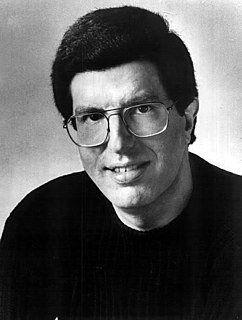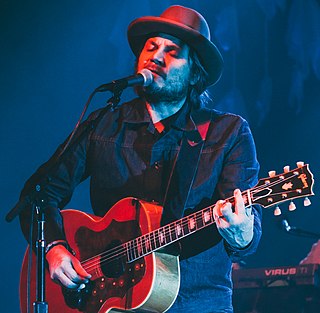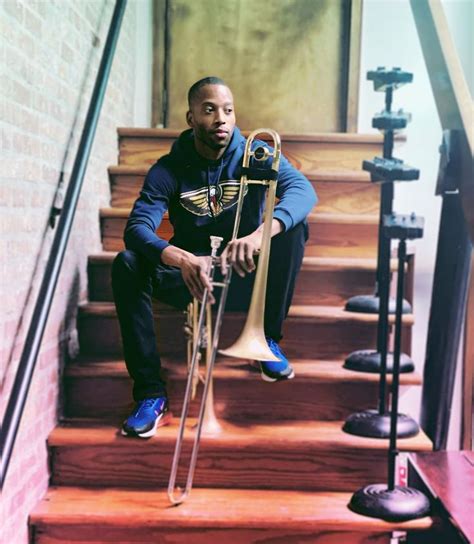A Quote by Neil Young
I would play all the parts of the song, show them the way it went together. Then I'd basically break down an arrangement - I wouldn't plan endings or beginnings - so they knew everything that was going on. I had the lyrics on a prompter so that I could remember everything I'd written, and I was able to just get into the groove and play with them. I think "Peace Trail" is one of the exceptions, where it's a later take. It just happened really quickly.
Related Quotes
When I realized I could write lyrics and let someone that I knew listen to them, but not know that the song was about them - say it was a girl. I could write this song about how I feel about this girl, I could play it to them. I just loved it, because all of the words would speak to them. I could see them slowly falling in love with me.
It's rare that I'll write lyrics first. If I come up with some good lyrics, I'll write them down and try to use them later. If I come up with a song title, sometimes I'll write a song based on that. Sometimes, I'll make a whole band out of it. I don't really have a process, per se. I just keep going and going and going. Every free minute I have I'm working.
All you gotta do is think of the song in your head. And it doesn't matter whether you can play it or not, you can get somebody to play it. With songs I've written, there's a song called "The Statue", which I can't play. There are songs that I've written that I've actually just hummed on - there's a song on one of the albums they have there on the Internet called "My Love Was True" and it's almost operatic. I can't play it. But I can sing it.
I volunteered at UCLA's occupational therapy ward, where there are lots of kids with autism and emotional problems. I just wanted to prove to myself that I could not break down and cry at everything, and that I could just help somebody else. The one thing I really remember was that when we would take them out of the hospital for a walk around campus, they would freak out the most when we were waiting for the elevator. I remember the guy at the elevator said to himself, "Transitions are the hardest." And I said to myself, "Transitions are always the hardest."
When you're DJing, there are songs I love to play, but I know people are going to walk off. It doesn't matter what I like. You have to be able to play the popular song and slip in one of yours, in such a way that they don't notice it. You've got them in such a roll that you get them back into what they think they like.
If the music in a groove fits with what you're playing, then play it; if not, then you can play it backwards. If that doesn't work, you try it at a different speed. If it really doesn't work you just break it. The whole ritual to put a record on a turntable just to listen to it, I don't do that too often.
[A]s soon as you try and take a song from your mind into piano and voice and into the real world, something gets lost and it's like a moment where, in that moment you forget how it was and it's this new way. And then when you make a record, even those ideas that you had, then those get all turned and changed. So in the end, I think, it just becomes it's own thing and really I think a song could be recorded a million different ways and so what my records are, it just happened like that, but it's not like, this is how I planned it from the very beginning because I have no idea, I can't remember.
Bourbon Street is like playing, a tourist, you know? It's just a tourist attraction ... those musicians on Bourbon Street, they play all day. They might start at 12 noon and end at 3 in the morning, like, it's like sets, like a job. You go play, take a break, play again, take a break, then later on that night, the club gets busier, then you play some more. There's pride. They're a group of great musicians- and they're holding it down.
I knew I could play well on the grass, but I really played so well today. I knew exactly what I had to play to beat her. I just did everything I could in the moment. I was very focused for every point. I knew that I had to go forward for every shot I was playing to push her back, and yeah, I did it.
The challenges change depending on the song. There are some songs where the lyrics are really a challenge and then there are other songs where the lyrics are there and the music is a challenge. And then you've got rock songs where the challenge is the tightness of the arrangement with the band. The music and the lyrics are there, but it's a challenge to get the arrangement correct. So I wouldn't be able to point to one thing. What the challenge is changes all of the time.
'Southern Accents,' I think that's one of my best, really. That would have been 1984, and I wrote that on the piano in the studio at home. I had a studio, and I just happened to be down there in the middle of the night. It was quite late, probably early morning, and I just started to play, and a song just started to appear.
In the 1990s I got to play in a group that played in prisons in California. We would play in maximum security wards. It was infuriating. Those kinds of situations stick with me. We got to come in and play music for them because that's a way of caring, just offering something, a gift, basically. They're basically the most grateful audiences I've ever experienced, because nobody's giving them anything.
Jim had melodies as well as words. He didn't know how to play a chord on any instrument, but he had melodies in his head. To remember the lyrics he would think of melodies and then they would stay in his head. He had melodies and lyrics in his head, and he would sing them a cappella, and we would eke out the arrangements.



































